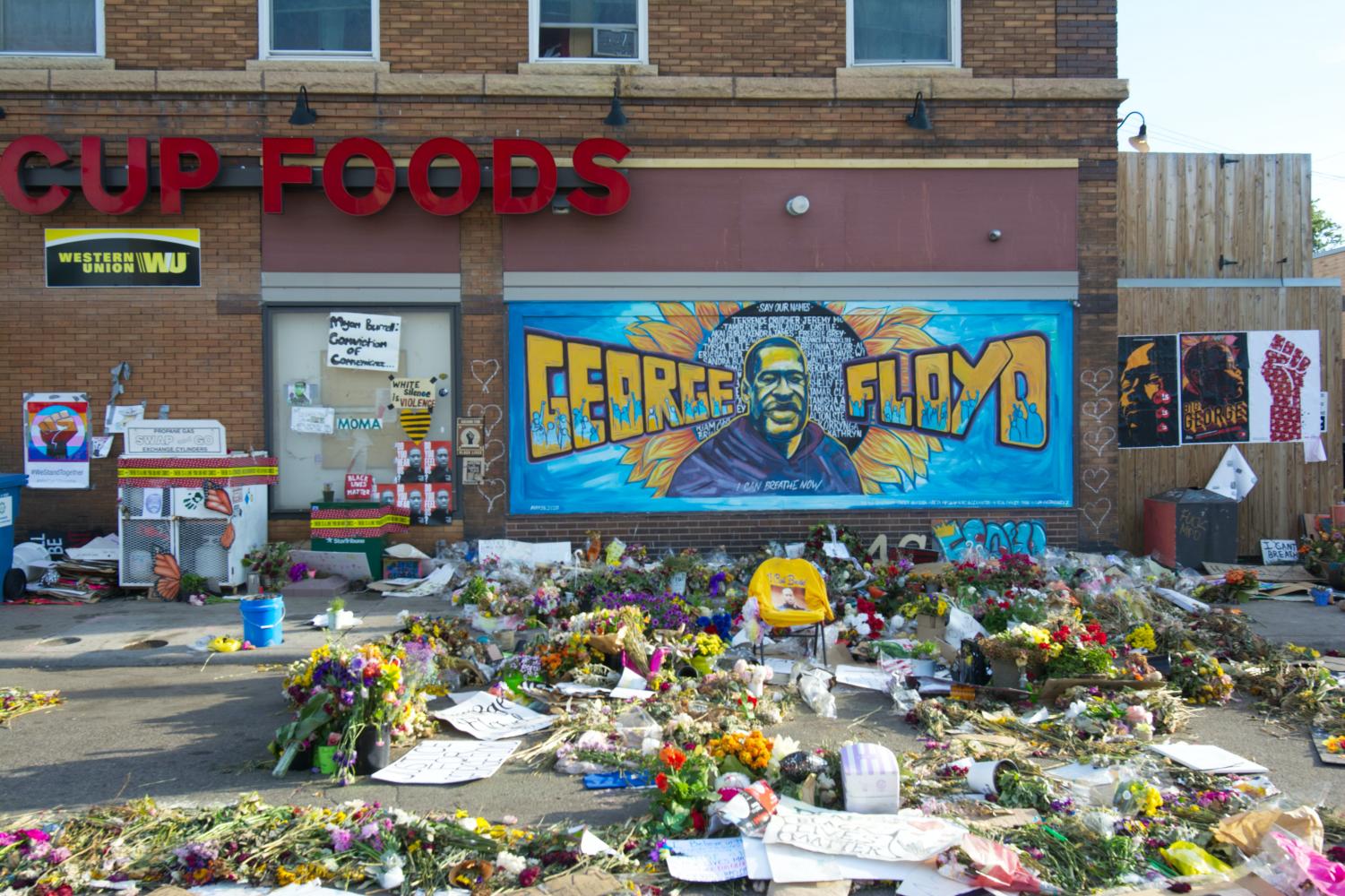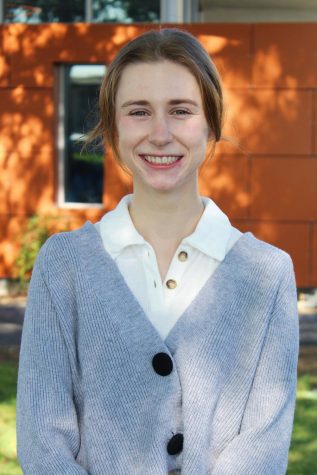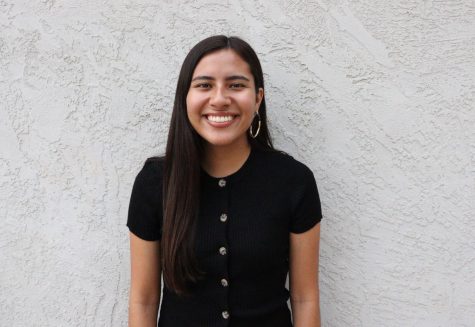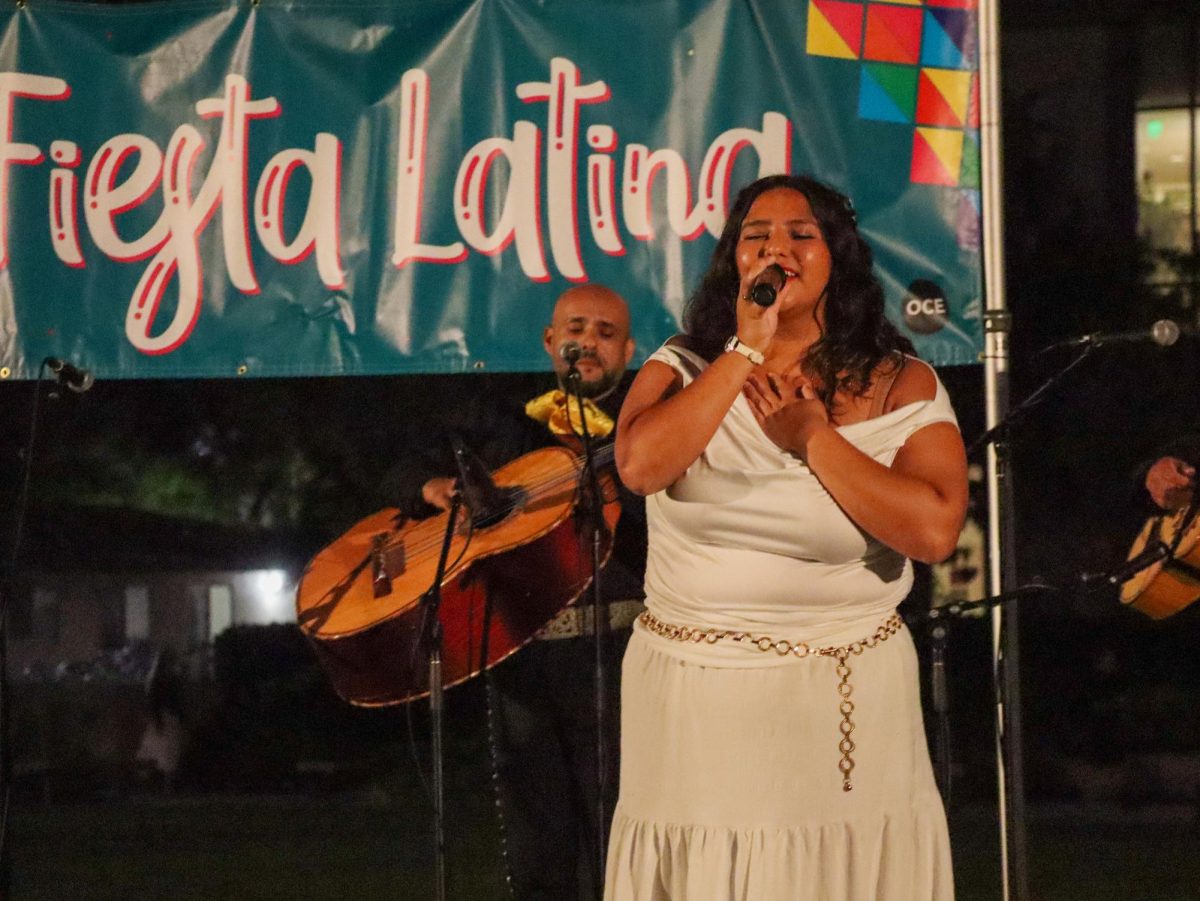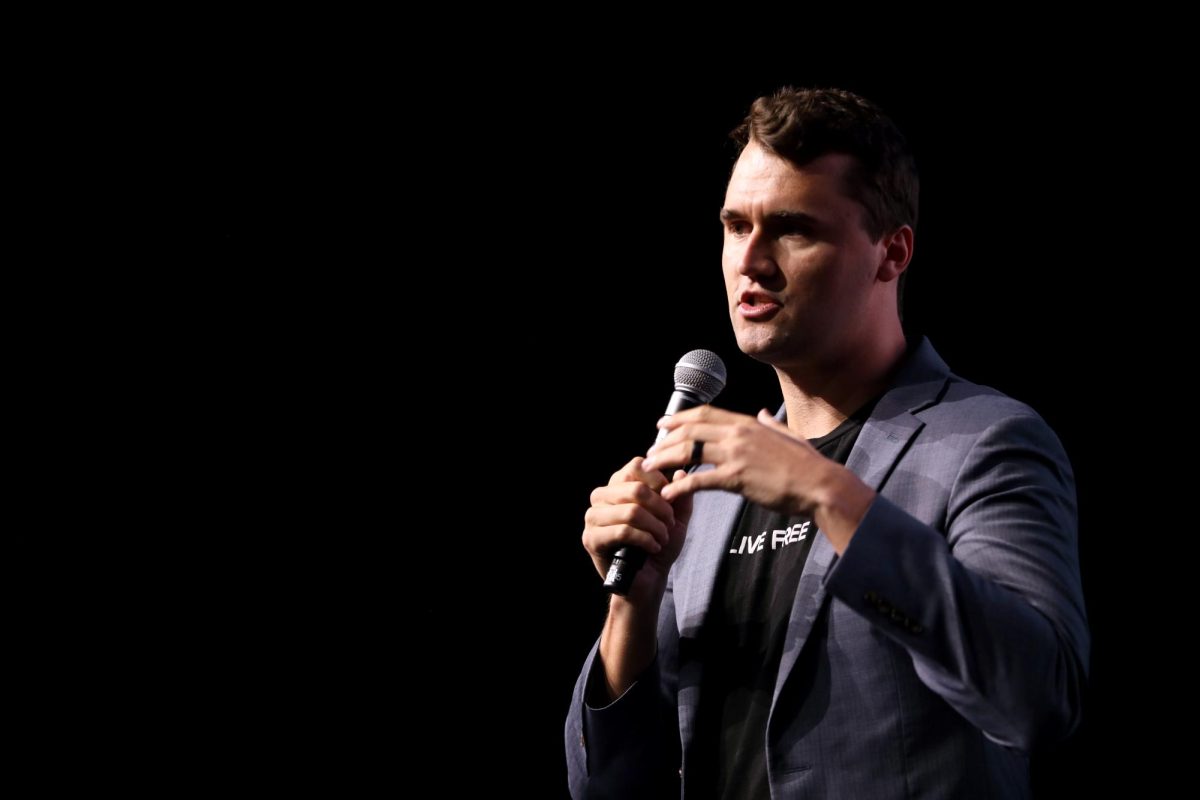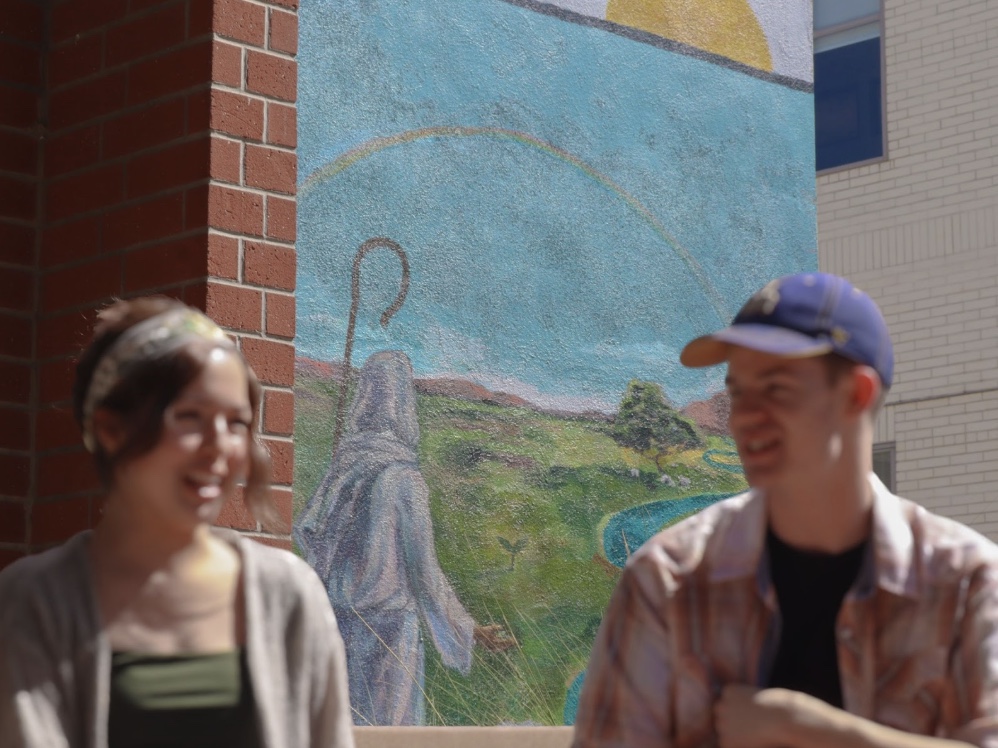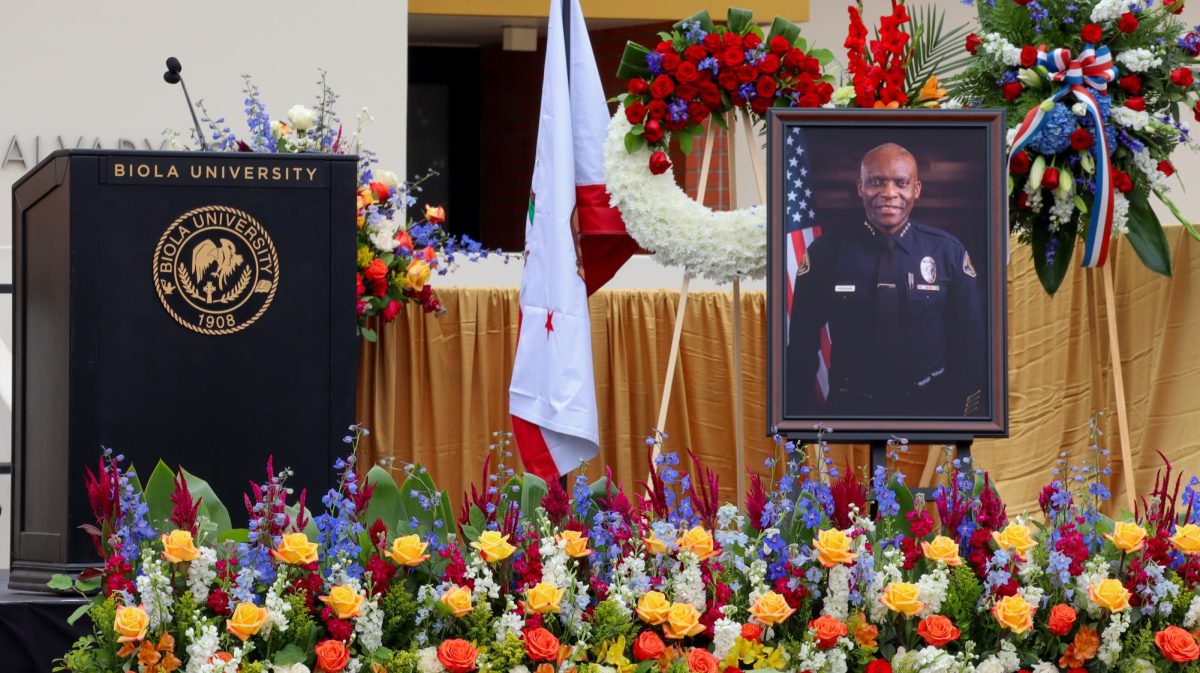On April 20, Derek Chauvin’s trial came to a close as the jury unanimously found him guilty of second-degree murder, third-degree murder and manslaughter. The trial, which lasted three weeks, came to a close almost a year after George Floyd was captured dying on video, screaming “I can’t breathe” as the officer kneeled on his neck.
THE TRIAL
According to AP News, the jury deliberated for about 10 hours over two days before reaching a final verdict. Chauvin’s defense team, led by attorney Eric Nelson, rested its case on Thursday after calling on seven witnesses.
Throughout the trial, the defense argued that Floyd’s death was a result of a pre-existing heart condition and the methamphetamine and fentanyl in his system as he struggled with the officers.
THE AFTERMATH
While the country watched for the verdict, stores in Beverly Hills, the Bay Area and Minneapolis prepared themselves for any civil unrest. Some owners were afraid that if Chauvin was to not be found guilty, protesters would take the streets once again and begin looting stores.
Police departments have also begun training their officers and preparing them for future protests. Some have limited the use of tear gas while others are implementing less aggressive tactics to disperse the crowds.
Soon after the verdict was reached, Judge Peter Cahill revoked Chauvin’s bail as his sentencing approaches in eight weeks. Three other officers involved in the incident, Thomas Lane, Tou Thao and J. Alexander Kueng are still waiting to go to trial for second-degree murder.



